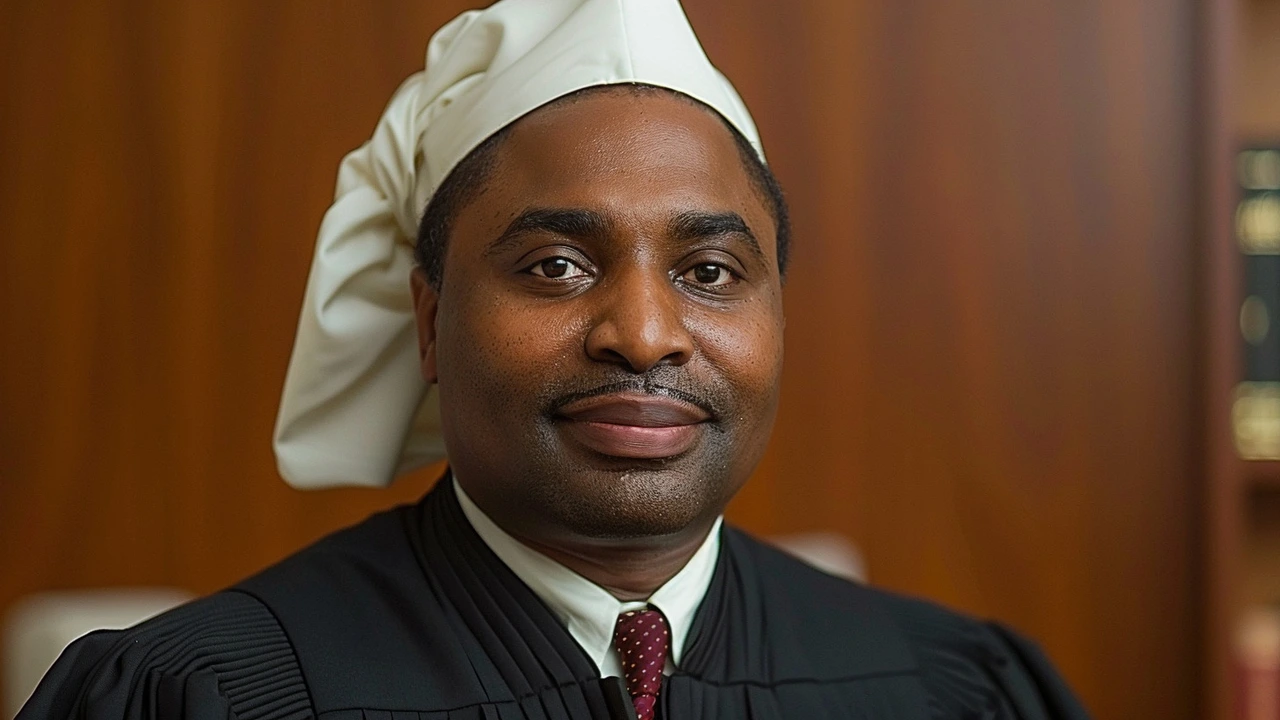Political Criticism: Getting to the Heart of the Debate
Political criticism plays a big role in shaping public opinion and holding those in power accountable. It’s not just about pointing out flaws — it’s about sparking conversations that lead to change. Whether it’s disagreements over policies, leadership choices, or social issues, political criticism gives people a platform to express frustrations and hopes alike.
When someone critiques a government or political figure, it’s often because they want to see improvements or expose wrongdoings. This kind of feedback, when constructive, helps leaders reflect on their decisions and consider adjustments. On the flip side, political criticism can also get heated and personal, turning debates into full-blown conflicts. But either way, it keeps the political scene dynamic and voices diversified.
Why Does Political Criticism Matter?
Think about it — if no one spoke up against decisions that affect everyday life, how would problems get solved? Political criticism shines a light on important issues like inequality, corruption, or mismanagement. It pushes governments to be transparent and responsive. Plus, it empowers citizens to become more informed and involved, sparking healthy debates across communities.
Of course, not every piece of criticism is fair or accurate. Sometimes, it’s fueled by personal biases or misinformation. That’s why it’s important to analyze the facts and understand the context behind criticism before taking a side. Being critical but open-minded gives a clearer picture of what’s truly happening behind the scenes.
How Political Criticism Impacts News and Media
In today’s fast-paced world, political criticism drives much of the news coverage we see. Journalists and commentators pick apart policies, public statements, and political actions, often stirring public reactions. This creates a cycle where criticism shapes news, which then informs public opinion and sometimes even policy changes.
Readers benefit by keeping up with diverse viewpoints and learning the reasons behind political moves. But they also need to guard against sensationalism — where headlines exaggerate for clicks rather than clarity. So, staying curious, checking multiple sources, and thinking critically is key to understanding political criticism in the media.
Ultimately, political criticism is a vital part of democracy. It keeps the conversation alive, challenges leaders, and encourages progress. By engaging with these discussions thoughtfully, everyone becomes part of the ongoing story about how countries and communities grow and adapt.
Kenneth Okonkwo Criticizes Labour Party Leadership, Calls for Major Overhaul
Kenneth Okonkwo, a prominent figure in the Labour Party, has issued scathing criticism of the party's Abure-led executive, likening it to a 'secret society.' He describes the executives as untrustworthy and expresses concerns regarding the party's future direction. If no changes are made, Okonkwo warns he may exit the party.

